On the Gospel of John, Part 21: Criminal Enterprise
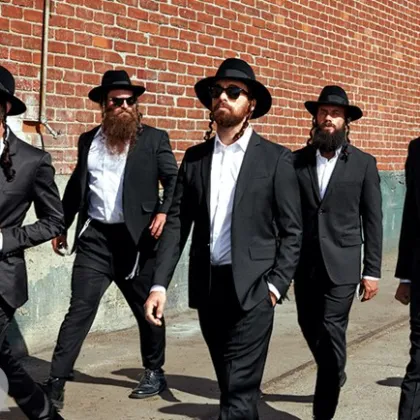
On the Gospel of John, Part 21: Criminal Enterprise
There are men who sin, and there are men who are inherently sinners. Men who sin may be forgiven, but men who are inherently sinners have no chance for forgiveness, as Christ Himself had said, as it is recorded in Matthew chapter 7, “16 Ye shall know them by their fruits. Do men gather grapes of thorns, or figs of thistles? 17 Even so every good tree bringeth forth good fruit; but a corrupt tree bringeth forth evil fruit. 18 A good tree cannot bring forth evil fruit, neither can a corrupt tree bring forth good fruit. 19 Every tree that bringeth not forth good fruit is hewn down, and cast into the fire. 20 Wherefore by their fruits ye shall know them.” Likewise, when John the Baptist was announcing the coming of the Christ, he said, in Luke chapter 3, “10 And now also the axe is laid unto the root of the trees: therefore every tree which bringeth not forth good fruit is hewn down, and cast into the fire.” The allegorical trees of Scripture are not typically individuals, but instead, they are family trees, they are genetic lines of people.
So in others of His parables, Christ described wheat and tares, the tares having been sown in the beginning of the world by the devil, and sheep and goats, the goats having the same destiny as the devil and his angels, and good and bad races, or kinds, of fish, the bad kind of fish being destined to be burned in the fire. One group is always collectively destined to be saved, and the other group is always collectively destined to be destroyed, based not upon their mere behavior, but upon their character and origin. If the tree is bad, it cannot possibly produce good fruit. Christ had called Judas a devil not for anything which Judas had done, but because it was his inherent nature, and that nature was the ultimate reason why he had later betrayed Him.



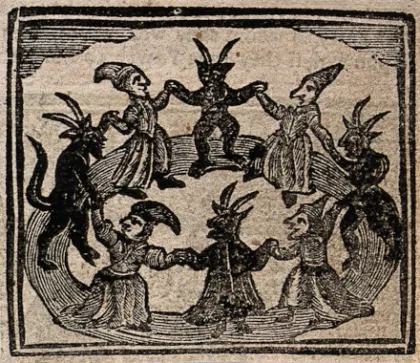
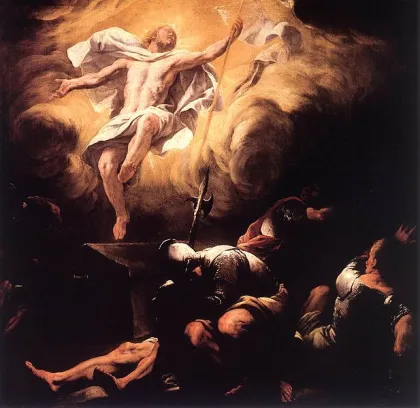
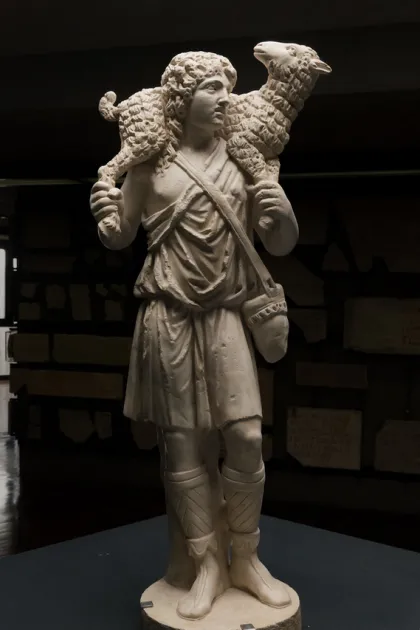

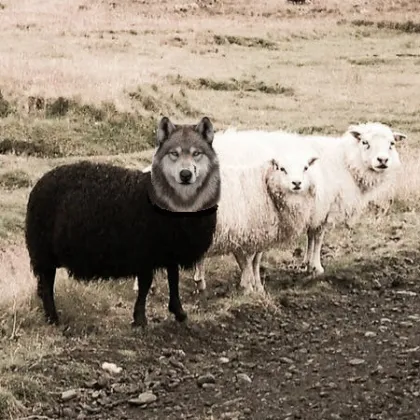

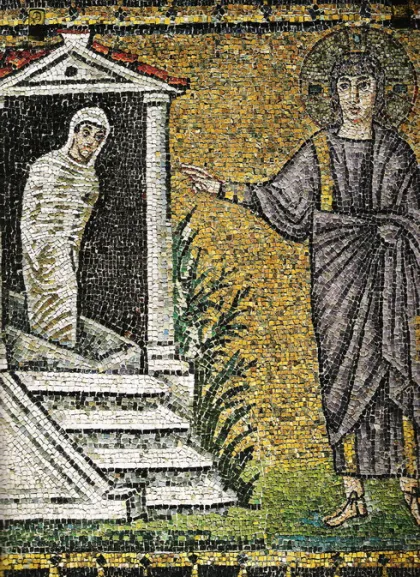
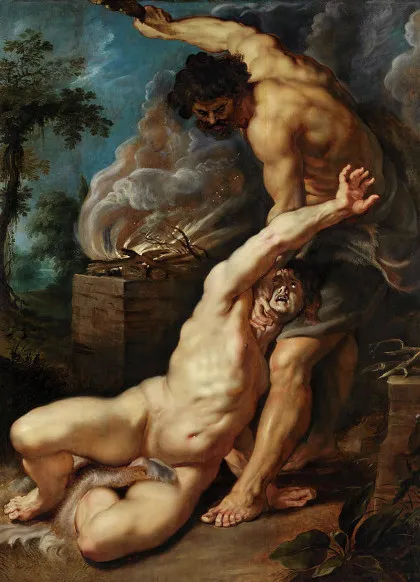
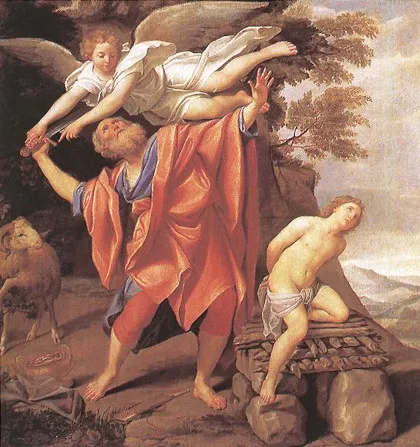




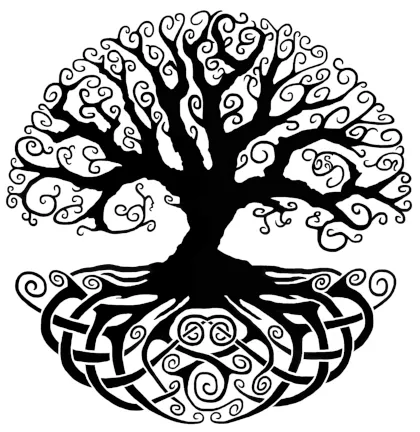


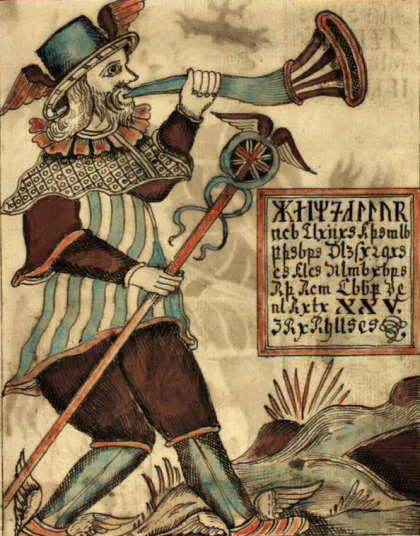




 Please click here for our mailing list sign-up page.
Please click here for our mailing list sign-up page.







